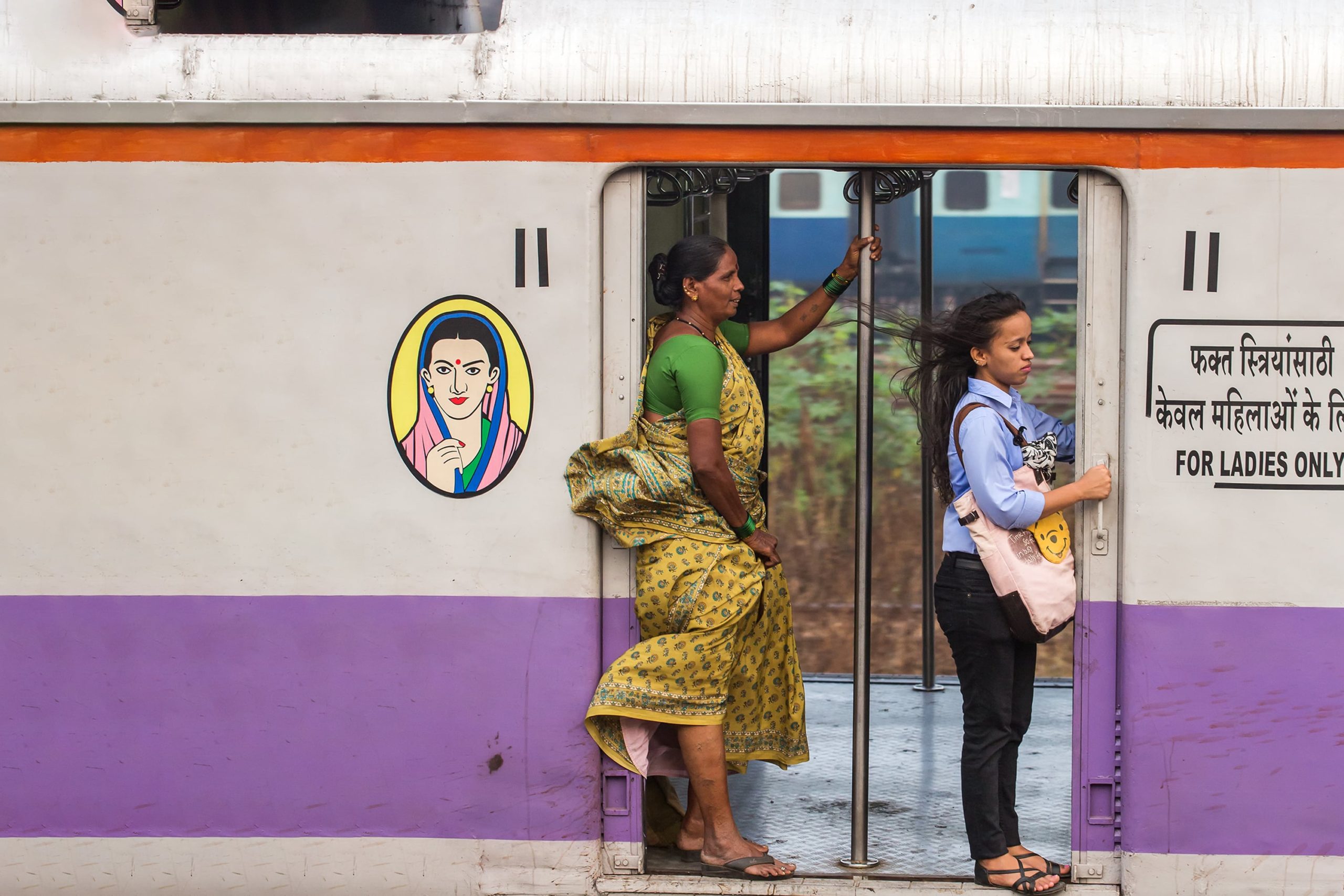The labour market participation rate for women in India is significantly low, with only 25 women for every 100 men being engaged in the workforce. This striking disparity is far below the global average of 66.7 women for every 100 men. Existing data and observations suggest that societal norms and concerns about safety restrict many women from traveling alone beyond their immediate neighborhoods. According to Mateo-Babiano (2015), women prioritize safety over ease of transit when it comes to commuting. This project posits that women’s inability to travel independently plays a pivotal role in their limited labor market engagement in India. If women are hesitant to travel alone altogether, facilitating group travel among women could potentially enhance their mobility, participation in job interviews, and ultimately, their employment prospects.
To test this hypothesis, we implement a cluster randomized controlled trial (RCT), focusing on an intervention that addresses the issue of women being unable to travel alone but capable of traveling with other adult women. Specifically, unemployed women within randomly selected neighborhood clusters receive a “travel buddy” intervention, involving group meetings for job interviews. Women in a single meeting group are allocated a common 2-day window for attending interviews, facilitating interaction and coordination among women from the same locality who could accompany each other to interviews. In contrast, the control group is invited individually, with women in each neighborhood cluster allocated the same 2-day interview window. To isolate the impact of group organization, the project introduces interview day randomization in the second treatment group while maintaining group invitations. Each woman attending a group meeting is assigned a unique 2-day interview window, ensuring no overlap within the same meeting group. The study assesses the effects of these treatments on women’s attendance at job sites, travel patterns, employment status, working hours, and factory attendance.
A pilot RCT was conducted during the summer of 2022 involving 95 women across ten neighborhood clusters in India to provide preliminary insights. The pilot yielded two key findings. First, irrespective of treatment status, 88% of the study’s women attended interviews with an adult companion. Second, treated women exhibited a 27% interview attendance rate compared to 9% in the control group, signifying a remarkable 200% increase. Encouraged by these promising outcomes, collaboration has been established with Good Business Lab and India’s largest apparel manufacturer. The project incorporates a substantial sample size and introduces two treatment variations.
The intellectual significance of the project is threefold. Firstly, while numerous studies explore the factors behind women’s low labor force participation and physical mobility barriers, few endeavors have sought to quantify the influence of mobility constraints on women’s labor market outcomes. This study stands out by focusing on the specific aspect of mobility constraints, particularly the incapacity to travel alone, and its ramifications on interview attendance. Secondly, the study offers empirical insights into the relevance of peer effects in commuting and employment practices. The role of peer effects in mobility and labor markets remains underexplored in the realm of development literature. Lastly, comprehensive quantitative data on women’s mobility patterns in developing regions such as South Asia is limited. The surveys executed within this project will compile detailed information on women’s travel habits, with the de-identified data intended for public utilization.
